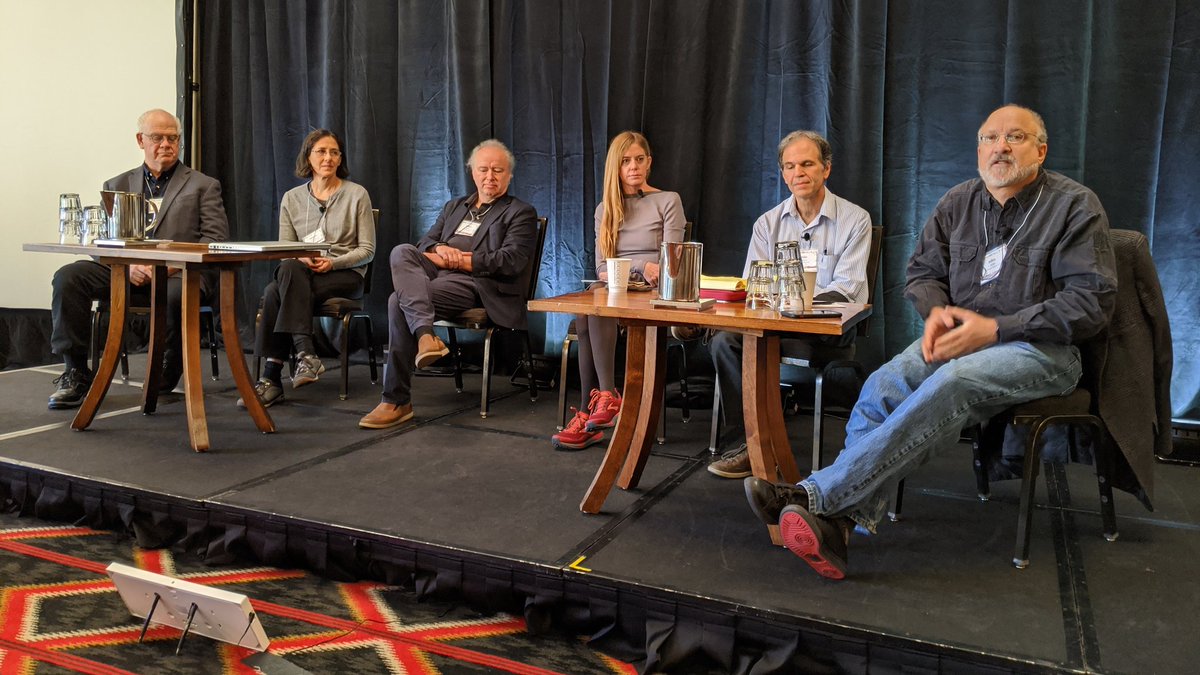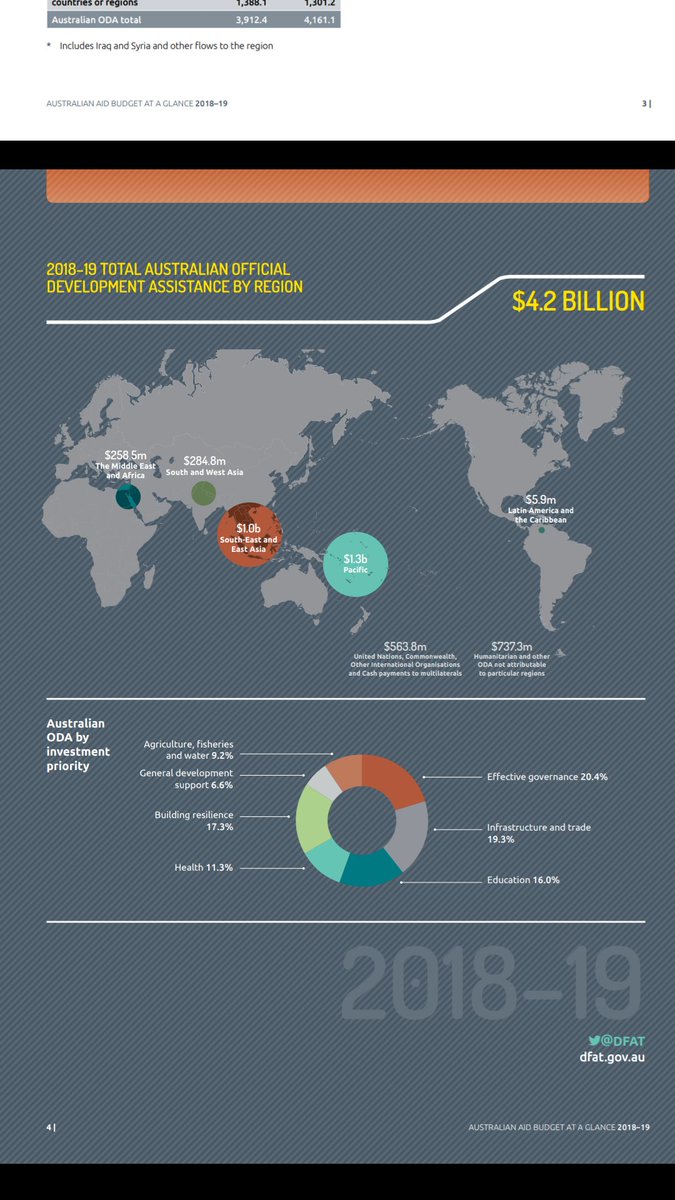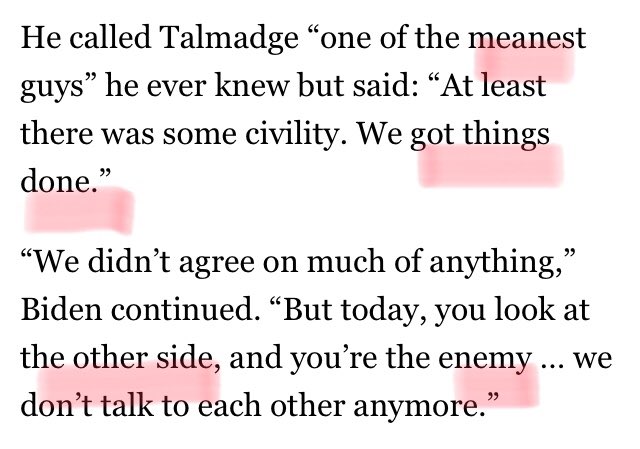The basic idea of the info. cascade model is to show that even rational individuals can sometimes engage in apparently irrational collective behavior.
If the first few people are wrong they can start a "cascade" of false votes that render the entire group wrong.
watermark.silverchair.com/107-3-797.pdf?…
openresearch-repository.anu.edu.au/bitstream/1885…
jstor.org/stable/pdf/267…
static1.squarespace.com/static/5a1b26c…
It sounds almost (but not quite) paradoxical, and that makes it a very interesting case study.





